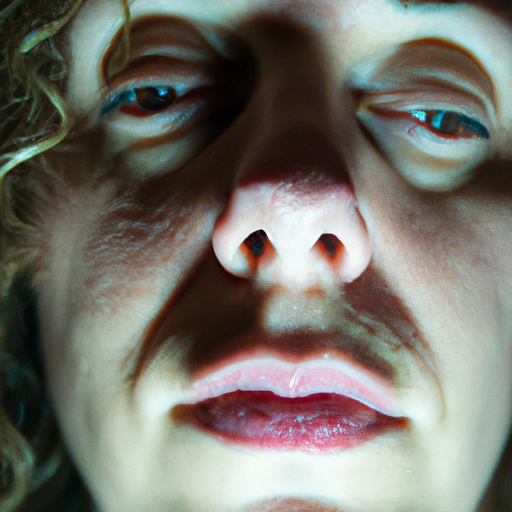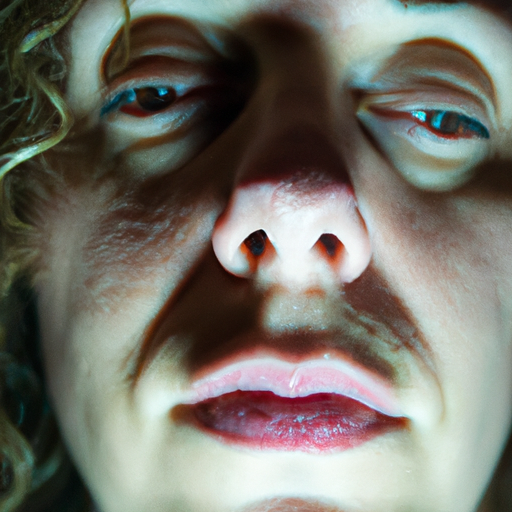Acne is a common skin condition that affects millions of people worldwide. It can be a source of embarrassment, frustration, and even pain for those who suffer from it. However, with the right knowledge and tools, you can win the battle against acne and achieve clear, healthy skin. Here is your ultimate guide to understanding and combating acne.
Firstly, it’s important to understand what acne is. It occurs when hair follicles become clogged with oil and dead skin cells. This can result in various types of blemishes, including whiteheads, blackheads, pimples, and cysts. Acne can appear anywhere on the body but is most common on the face, back, and chest.
Several factors contribute to the development of acne. These include hormonal changes (such as those that occur during puberty or pregnancy), certain medications, a diet high in refined sugars and carbohydrates, and stress. Genetics can also play a role; if your parents had acne, you’re more likely to develop it too.
Now that we understand what acne is and what causes it, let’s explore how to combat it. The first line of defense against acne is a good skincare routine. This should involve cleansing your face twice daily with a gentle, non-comedogenic cleanser to remove excess oil and dead skin cells. Follow this with a non-comedogenic moisturizer to keep your skin hydrated.
Exfoliation is also crucial in preventing acne as it helps to unclog pores. However, it’s important not to over-exfoliate as this can irritate the skin and exacerbate acne. Aim to exfoliate once or twice a week with a gentle product.
In addition to a good skincare routine, there are several treatments available for acne. Over-the-counter products containing ingredients like salicylic acid or benzoyl peroxide can be effective at treating mild to moderate acne. For more severe cases, prescription medications such as topical retinoids or oral antibiotics may be necessary.
Diet can also play a role in managing acne. While the link between diet and acne is still somewhat controversial, some research suggests that a diet high in refined sugars and carbohydrates can exacerbate acne. Therefore, it may be beneficial to limit these foods and instead focus on consuming a balanced diet rich in fruits, vegetables, lean proteins, and whole grains.
Stress management is another important aspect of acne control. Stress can trigger hormonal changes that lead to increased oil production, which can in turn lead to acne. Therefore, incorporating stress management techniques such as yoga, meditation, or deep breathing exercises into your daily routine can be beneficial.
Lastly, it’s important to remember that while achieving clear skin is a common goal, it’s not the only measure of beauty or self-worth. Acne is a common condition that many people deal with, and it doesn’t define who you are or your value as a person. Be patient with yourself and your skin, and remember that everyone’s skin is different and what works for one person may not work for another.
In conclusion, winning the battle against acne involves understanding what acne is, what causes it, and how to treat it. It involves maintaining a good skincare routine, considering over-the-counter or prescription treatments, eating a balanced diet, managing stress, and being patient with yourself and your skin. With the right knowledge and tools, clear skin is achievable.




